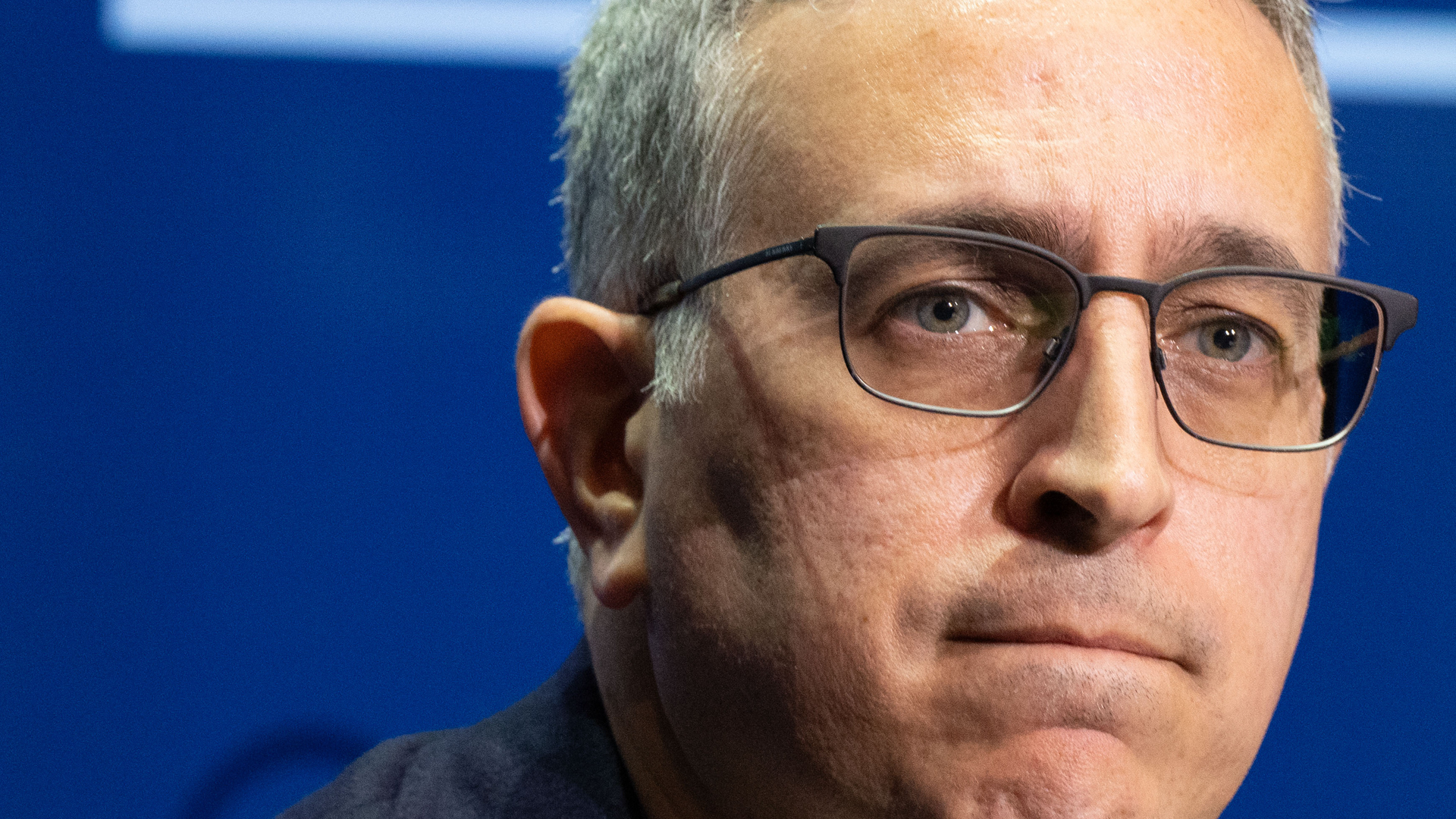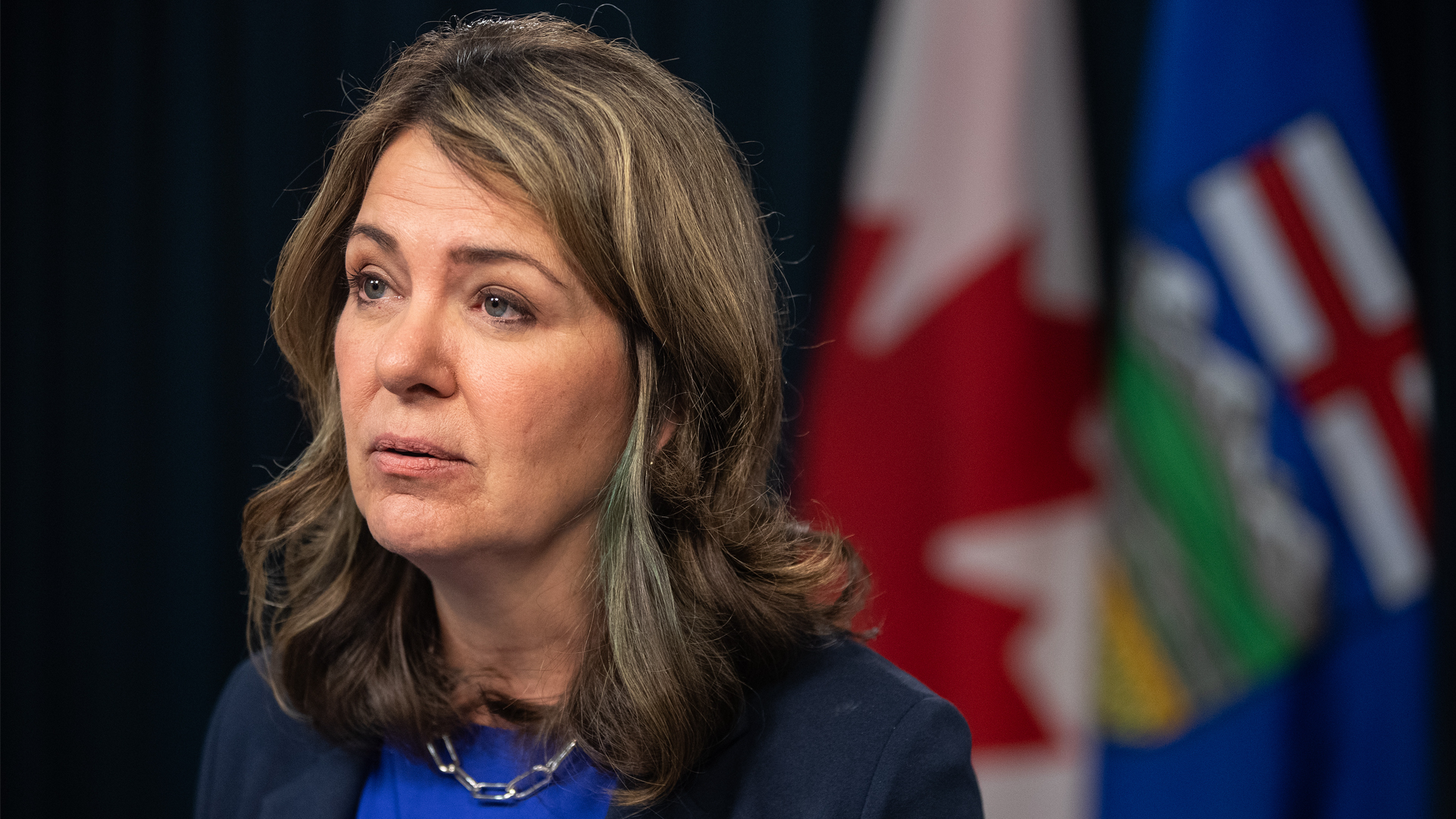
Governments around the world have made vigorous attempts to train citizens to disdain their own privacy. A litany of now-familiar platitudes has convinced people to tolerate severe encroachments into their private realm; so successful are these justifications that many people applaud as the authorities collect vast amounts of data about what they say, read, buy, and do — and with whom.
Those state authorities have been assisted in their assault on privacy by a chorus of Internet moguls — the government’s indispensable partners in surveillance. When Google CEO Eric Schmidt was asked in a 2009 CNBC interview about concerns over his company’s retention of user data, he infamously replied: “If you have something that you don’t want anyone to know, maybe you shouldn’t be doing it in the first place.” With equal dismissiveness, Facebook founder and CEO Mark Zuckerberg said in a 2010 interview that “people have really gotten comfortable not only sharing more information and different kinds, but more openly and with more people.” Privacy in the digital age is no longer a “social norm,” he claimed, a notion that handily serves the interests of a tech company trading on personal information.
But the importance of privacy is evident in the fact that even those who devalue it, who have declared it dead or dispensable, do not believe the things they say. Anti-privacy advocates have often gone to great lengths to maintain control over the visibility of their own behavior and information. The US government itself has used extreme measures to shield its actions from public view, erecting an ever-higher wall of secrecy behind which it operates. As a 2011 report from the ACLU argued, “Today much of our government’s business is conducted in secret.” So secretive is this shadowy world, “so large, so unwieldy,” as the Washington Post reported, “that no one knows how much money it costs, how many people it employs, how many programs exist within it or exactly how many agencies do the same work.”
Similarly, those Internet tycoons who are so willing to devalue our privacy are vehemently protective of their own. Google insisted on a policy of not talking to reporters from CNET, the technology news site, after CNET published Eric Schmidt’s personal details — including his salary, campaign donations, and address, all public information obtained via Google — in order to highlight the invasive dangers of his company.
Meanwhile, Mark Zuckerberg purchased the four homes adjacent to his own in Palo Alto, at a cost of $30 million, to ensure his privacy. As CNET put it, “Your personal life is now known as Facebook’s data. Its CEO’s -personal life is now known as mind your own business.”
The same contradiction is expressed by the many ordinary citizens who dismiss the value of privacy yet nonetheless have passwords on their email and social media accounts. They put locks on their bathroom doors; they seal the envelopes containing their letters. They engage in conduct when nobody is watching that they would never consider when acting in full view. They say things to friends, psychologists, and lawyers that they do not want anyone else to know. They give voice to thoughts online that they do not want associated with their names.
The many pro-surveillance advocates I have debated since Snowden blew the whistle have been quick to echo Eric Schmidt’s view that privacy is for people who have something to hide. But none of them would willingly give me the passwords to their email accounts, or allow video cameras in their homes.
When the Senate Intelligence Committee’s chair, Dianne Feinstein, insisted that the NSA’s collection of metadata does not constitute surveillance — because it does not include the content of any communication — online protesters demanded that she back up her assertion with action: Would the senator, each month, publish a full list of people she emailed and called, including the length of time they spoke and their physical locations when the call was made? That she would take up the offer was inconceivable precisely because such information is profoundly revealing; making it public would constitute a true breach of one’s private realm.
The point is not the hypocrisy of those who disparage the value of privacy while intensely safeguarding their own, although that is striking. It is that the desire for privacy is shared by us all as an essential, not ancillary, part of what it means to be human. We all instinctively understand that the private realm is where we can act, think, speak, write, experiment, and choose how to be, away from the judgmental eyes of others. Privacy is a core condition of being a free person.
Perhaps the most famous formulation of what privacy means and why it is so universally and supremely desired was offered by US Supreme Court Justice Louis Brandeis in the 1928 case Olmstead v. U.S.: “The right to be left alone [is] the most comprehensive of rights, and the right most valued by a free people.” The value of privacy, he wrote, “is much broader in scope” than mere civic freedoms. It is, he said, fundamental:
The makers of our Constitution undertook to secure conditions favorable to the pursuit of happiness. They recognized the significance of man’s spiritual nature, of his feelings and of his intellect. They knew that only a part of the pain, pleasure and satisfactions of life are to be found in material things. They sought to protect Americans in their beliefs, their thoughts, their emotions and their sensations. They conferred, as against the Government, the right to be let alone.
Even before Brandeis was appointed to the Court, he was an ardent proponent of the importance of privacy. Together with lawyer Samuel Warren, he wrote the seminal 1890 Harvard Law Review article “The Right to Privacy,” arguing that robbing someone of their privacy was a crime of a deeply different nature than the theft of a material belonging. “The principle which protects personal writings and all other personal productions, not against theft and physical appropriation, but against publication in any form, is in reality not the principle of private property, but that of an inviolate personality.”
Privacy is essential to human freedom and happiness for reasons that are rarely discussed but instinctively understood by most people, as evidenced by the lengths to which they go to protect their own. To begin with, people radically change their behavior when they know they are being watched. They will strive to do that which is expected of them. They want to avoid shame and condemnation. They do so by adhering tightly to accepted social practices, by staying within imposed boundaries, avoiding action that might be seen as deviant or abnormal.
The range of choices people consider when they believe that others are watching is therefore far more limited than what they might do when acting in a private realm. A denial of privacy operates to severely restrict one’s freedom of choice.
Several years ago, I attended the bat mitzvah of my best friend’s daughter. During the ceremony, the rabbi emphasized that “the central lesson” for the girl to learn was that she was “always being watched and judged.” He told her that God always knew what she was doing, every choice, every action, and even every thought, no matter how private. “You are never alone,” he said, which meant that she should always adhere to God’s will.
The rabbi’s point was clear: if you can never evade the watchful eyes of a supreme authority, there is no choice but to follow the dictates that authority imposes. You cannot even consider forging your own path beyond those rules: if you believe you are always being watched and judged, you are not really a free individual.
All oppressive authorities — political, religious, societal, parental — rely on this vital truth, using it as a principal tool to enforce orthodoxies, compel adherence, and quash dissent. It is in their interest to convey that nothing their subjects do will escape the knowledge of the authorities. Far more effectively than a police force, the deprivation of privacy will crush any temptation to deviate from rules and norms.
What is lost when the private realm is abolished are many of the attributes typically associated with quality of life. Most people have experienced how privacy enables liberation from constraint. And we’ve all, conversely, had the experience of engaging in private behavior when we thought we were alone — dancing, confessing, exploring sexual expression, sharing untested ideas — only to feel shame at having been seen by others.
Only when we believe that nobody else is watching us do we feel free — safe — to truly experiment, to test boundaries, to explore new ways of thinking and being, to explore what it means to be ourselves. What made the Internet so appealing was precisely that it afforded the ability to speak and act anonymously, which is so vital to individual exploration.
For that reason, it is in the realm of privacy where creativity, dissent, and challenges to orthodoxy germinate. A society in which everyone knows they can be watched by the state — where the private realm is effectively eliminated — is one in which those attributes are lost, at both the societal and the individual level.
Mass surveillance by the state is therefore inherently repressive, even in the unlikely case that it is not abused by vindictive officials to do things like gain private information about political opponents. Regardless of how surveillance is used or abused, the limits it imposes on freedom are intrinsic to its existence.
Invoking George Orwell’s 1984 is something of a cliché, but the echoes of the world about which he warned in the NSA’s surveillance state are unmistakable: both rely on the existence of a technological system with the capacity to monitor every citizen’s actions and words. The similarity is denied by the surveillance champions — we’re not always being watched, they say — but that argument misses the point. In 1984, citizens were not necessarily monitored at all times; in fact, they had no idea whether they were ever actually being monitored. But the state had the capability to watch them at any time. It was the uncertainty and possibility of ubiquitous surveillance that served to keep everyone in line.
Excerpted from No Place to Hide: Edward Snowden, the NSA, and the U.S. Surveillance State(Toronto: Signal, McLelland & Stewart). © 2014 Glenn Greenwald. Used by permission.
Photo: Shutterstock by Gorodenkoff
Do you have something to say about the article you just read? Be part of the Policy Options discussion, and send in your own submission. Here is a link on how to do it. | Souhaitez-vous réagir à cet article ? Joignez-vous aux débats d’Options politiques et soumettez-nous votre texte en suivant ces directives.







